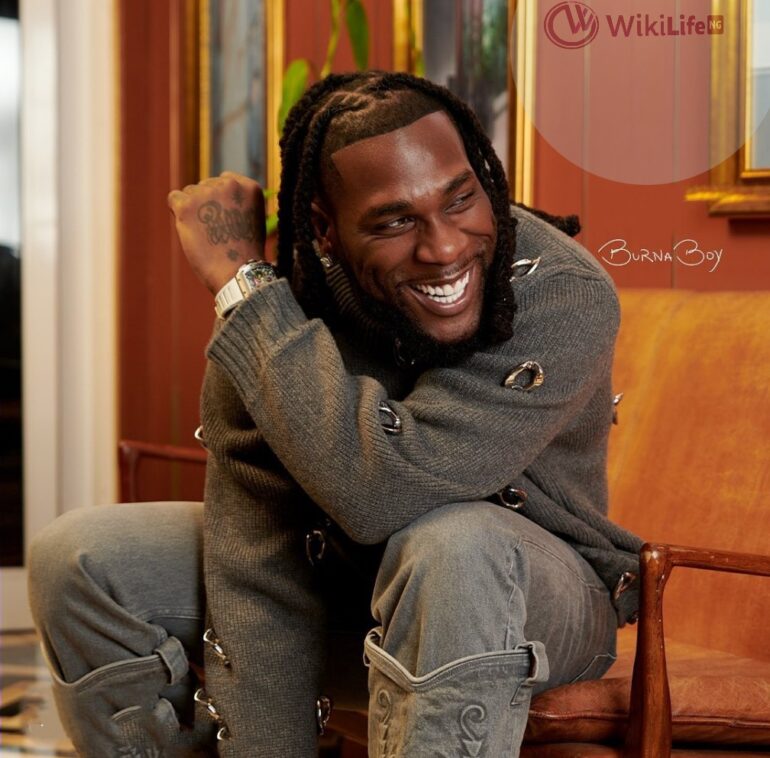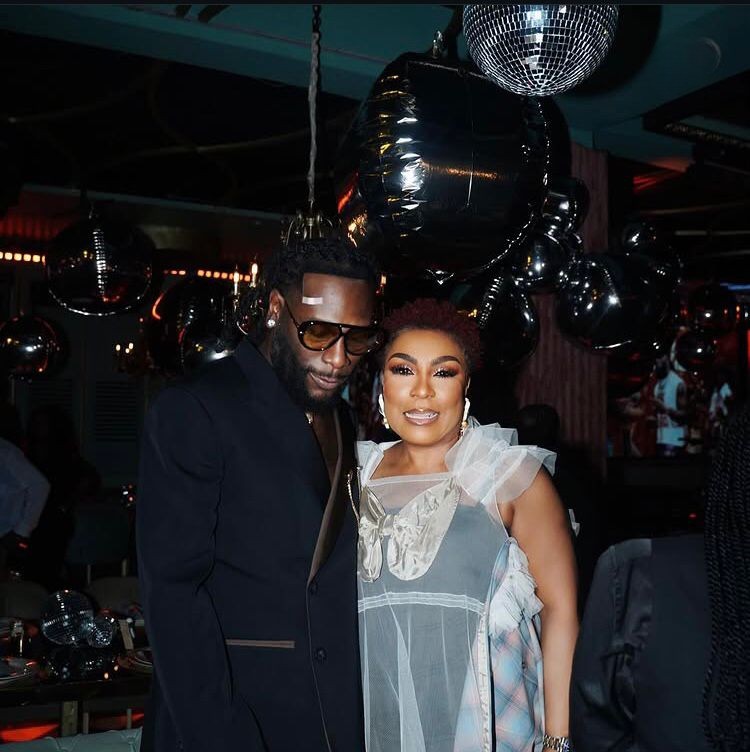Made Kuti, the grandson of Afrobeat legend Fela Kuti and great-grandson of renowned activist Funmilayo Ransome‑Kuti, says he has no intention of following the deep activist path laid by his family.
A Legacy of Resistance: The Kuti Family
Made Kuti hails from a lineage steeped in activism:
-
Funmilayo Ransome‑Kuti, his great-grandmother, was a leading anti-colonial advocate. She founded the Abeokuta Women’s Union in the 1940s and led tens of thousands of women in protests against exploitative taxes—earning the nickname “Lioness of Lisabi”
-
Fela Kuti, his grandfather, pioneered Afrobeat, weaving social critique into music and confronting military regimes; he was jailed over 200 times.
-
Femi and Seun Kuti, his father and uncle, have continued the tradition, producing politically charged albums, calling for systemic change, and participating in movements like #EndSARS.
In a chat with Pulse, he reflected on this legacy, and expressed deep concern about the emotional and physical toll activism has taken on his family:
“My family has already given a lot… I’ve really no interest in activism. I’m happy to be on the right side of history, but not at the cost of the well‑being of my family.”
This standpoint acknowledges the bravery of his forebears while rethinking how modern-day change can occur without placing undue burden on individuals. Made championed a collective approach, and urged systemic participation over individual crusades.
Unlike his ancestors, Made questions activism’s effectiveness when not rooted in collective strategy. He acknowledges the power of mass movements, stating that real change happens when “the right amount of people at the right time do the right thing” .
Made Kuti’s stance captures a generational shift, honoring the torch of defiance passed down from Fela and Funmilayo, but passing the baton to collective responsibility. He believes that one individual’s shout can spark awareness, but it is a chorus of voices that compels change and he’s ready to be part of that chorus without stepping into the frontline spotlight.
The question is: can culture shift from protest slogans to structured, communal change? If the Kuti legacy has taught us anything, it’s that systemic transformation isn’t cheap or easy.














